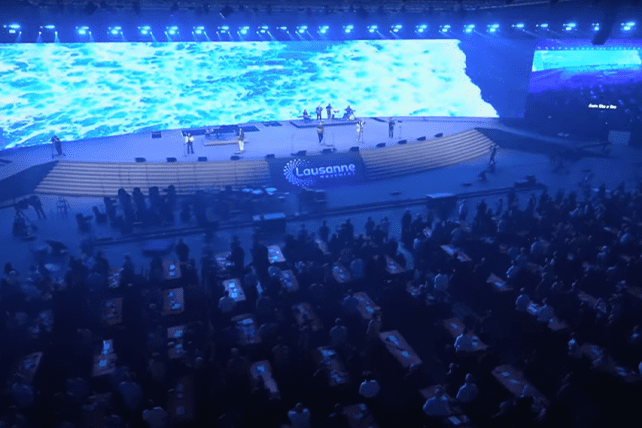The whole process of creating the Seoul Congress agenda started with a listening posture. Regional Directors collected information from their regions and answered the five questions designed to gather diverse perspectives and insights. The Global Listening Team, representatives of all twelve regions, orchestrated this massive information gathering. It helped create the agenda and made a significant contribution to the Report of the State of the Great Commission. It might not be perfect and smooth, but the careful attempt to learn before saying something is a helpful possibility for the Lausanne Movement to enter the postcolonial mission reality. Do these documents, including the Seoul Statement, represent the new comprehensive Apostolic Creed? Not necessary. It could be for someone. However, the whole point is not about the products but the processes. Lausanne plays a pivotal role in the learning process for the Global Church. Such a learning process requires humility and integrity. So, standards should be high, not only for the Lausanne leadership, which is already so vast, but for leaders of all denominations, mission agencies, Christian influencers, educators, etc.
Grassroots Collaboration
The Congress’ dream is to create emerging collaborative teams around different issues, fulfilling the Great Commission broadly. It is naive to think that the collaboration within the Global Church may happen because of the event or an event. However, the Congress itself shows that many Christians are ready to collaborate. I witnessed how Gen Zers gathered together during Congress, Russian-speaking church leaders eager to meet Russian-speaking leaders and develop relationships and partnerships. I saw how people spent time together praying, discussing, and laughing. These things happen very often spontaneously. The power of collaboration lies among the church leaders, influencers and Christian ministers. Despite all criticisms, usually constructive criticisms of Congress, Congress shows the Church’s ability to accelerate the global mission. So, what is next? Lausanne suggests participating in the collaborative teams. We will retain momentum if it only accelerates in a couple of months.
However, there are a couple of obstacles, maybe more. The first one is the need for more clarity in the process. Even if a person wants to participate in a team and contribute significantly, it might be challenging for some who could be less technically friendly. The selection process and pre-Congress communication clearly showed the vast range of attitudes toward the process—many people were left behind and unable to come because of that. The process should be as simple as possible. Secondly, security reasons push people to find creative ways to collaborate, which goes beyond the digital world. It is fantastic to recognize and utilize the digital effort of the Fourth Congress, but it will be odd to depend only on it.
I see the massive potential for grassroots ecumenism, and the 50th anniversary of the Lausanne Congress is a starting point for its development towards the 2050 goal. It is also a challenge to be humble enough to fully recognize the power of the grassroots movement for such influential, Western-based organizations as Lausanne.

